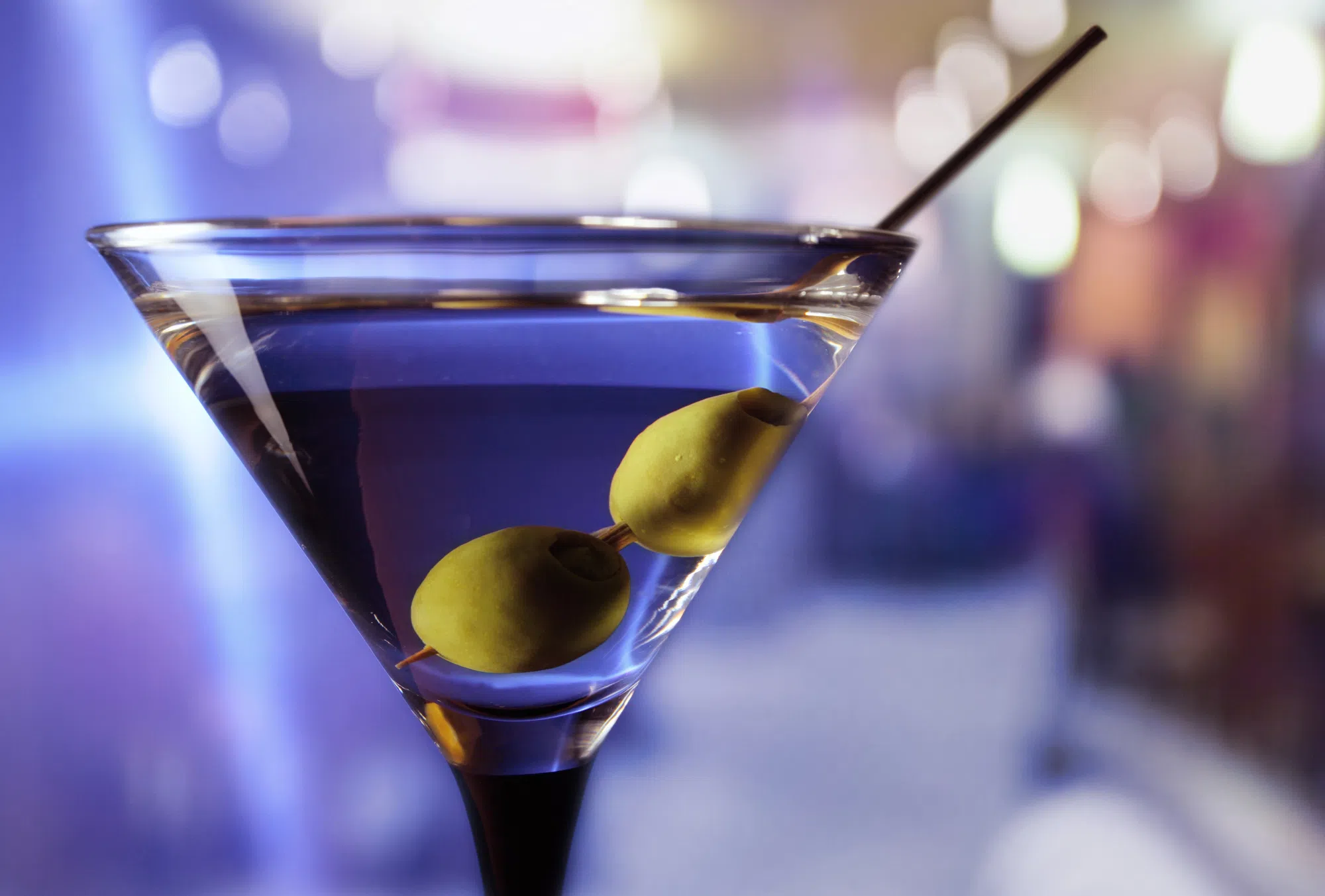
igorr1 / Depositphotos.com
Alberta opens door for local liquor producers to serve on party bikes and beyond
Edmonton — Alberta’s liquor rules are getting a summer refresh, and local producers are toasting the changes.
The province has introduced new regulations that allow small-scale liquor manufacturers to serve their own products on large-format “party bikes.” The move eliminates an outdated restriction that had prevented distillers and brewers from selling their beverages during mobile group tours, even when they owned or operated the experience themselves.
Party bikes are pedal-powered vehicles, often used for group tours that combine sightseeing with stops at local taverns or breweries. Under the previous rules, liquor served on board had to come from a third party, meaning producers were not allowed to offer their own drinks directly to customers during the ride.
Now, Alberta’s government says small producers can market and sell their own spirits and beers during the experience, opening new opportunities to promote Alberta-made products.
“This is about removing unnecessary barriers and supporting local businesses,” said Dale Nally, Minister of Service Alberta and Red Tape Reduction. “We are proud that these amendments not only cut red tape in the retail segment of the liquor marketplace, but also directly open more opportunities for small manufacturers to grow their businesses.”
The change is part of a larger set of amendments to the province’s Gaming, Liquor and Cannabis Regulation, all aimed at reducing regulatory burdens and expanding consumer choice.
Other measures include allowing liquor retailers to open shops inside larger commercial buildings, provided the liquor store has its own entrance and is separated by full floor-to-ceiling walls. This gives landlords and tenants more flexibility to use underutilized space while keeping retail liquor operations distinct and compliant.
Cannabis producers are also getting a boost. Alberta is introducing “farm-gate” sales, allowing federally licensed cannabis growers and processors to apply for a retail licence to sell products directly from their production sites. This practice is already allowed in several other provinces, including Ontario and British Columbia.
The government says these targeted reforms are designed to modernize outdated regulations and level the playing field for smaller operators in the competitive liquor and cannabis sectors.
“By making it easier for small businesses to connect directly with consumers, we are helping grow Alberta’s economy while expanding access to made-in-Alberta products,” said Nally.
Alberta’s liquor industry includes more than 1,600 retail stores and over 35,000 products, while the cannabis market has 752 licensed retailers and more than 2,300 products for sale. All cannabis retailers must be licensed by the Alberta Gaming, Liquor and Cannabis Commission, while producers are regulated by Health Canada.
Officials say these reforms are the latest in a series of red tape reduction initiatives and that more updates could be on the horizon as the province continues its review of licensing and retail frameworks.











Comments